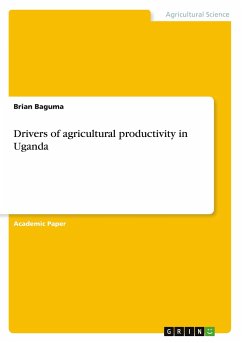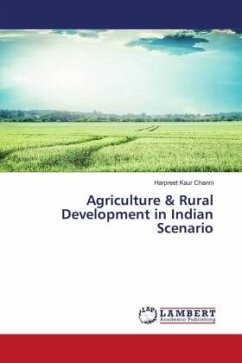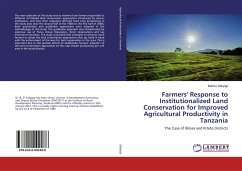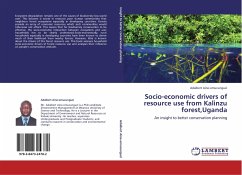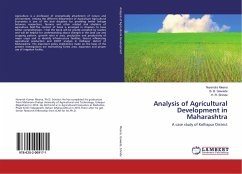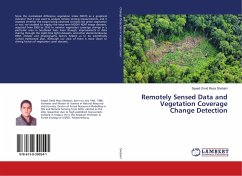Academic Paper from the year 2021 in the subject Agrarian Studies, grade: 5.00, Szent István University, language: English, abstract: The major objective of this study is to investigate factors that significantly affect agricultural productivity in Uganda. It entirely made use of secondary data from Uganda National Panel Survey (UNPS) for the 2013/2014 round, since it is the most recent wave available at the Uganda Bureau of Statistics (UBOS). Given the survey data, non-parametric methods were used in data analysis to answer the research hypotheses. This research narrows its focus on drivers of agricultural productivity which are connected to socio-economic characteristics of the household head, the agricultural practices followed by the household as well as the characteristics of the soil cultivated by the household. Research results are based on the answers of 2492 Ugandan households. Results from the model revealed that the Ugandan household¿s agricultural productivity is highly dependent on the gender and age of the household head. The agricultural productivity of households was found to be significantly higher in the Western than in the Eastern and Northern regions. The use of improved seeds and keeping improved breeds of animals was found to significantly affect agricultural productivity. Results also revealed that agricultural productivity is dependent on topography, land quality (as reported by respondents), soil type, and the use of extension services. Agriculture is key to Africäs future. The continent has the largest proportion of the world¿s arable land, with over half of its population employed in the sector, and also agriculture is the largest contributor to total gross domestic product (GDP). Yet, the same continent continues to produce very little food and low value-added products. Productivity has been stagnant since the 1980s (AGRA, 2018). In most developing countries' agriculture is the source of food for communities and a means of livelihood for the vulnerable people. Raising agricultural productivity is an important policy goal for concerned governments and development agencies.
Hinweis: Dieser Artikel kann nur an eine deutsche Lieferadresse ausgeliefert werden.
Hinweis: Dieser Artikel kann nur an eine deutsche Lieferadresse ausgeliefert werden.

